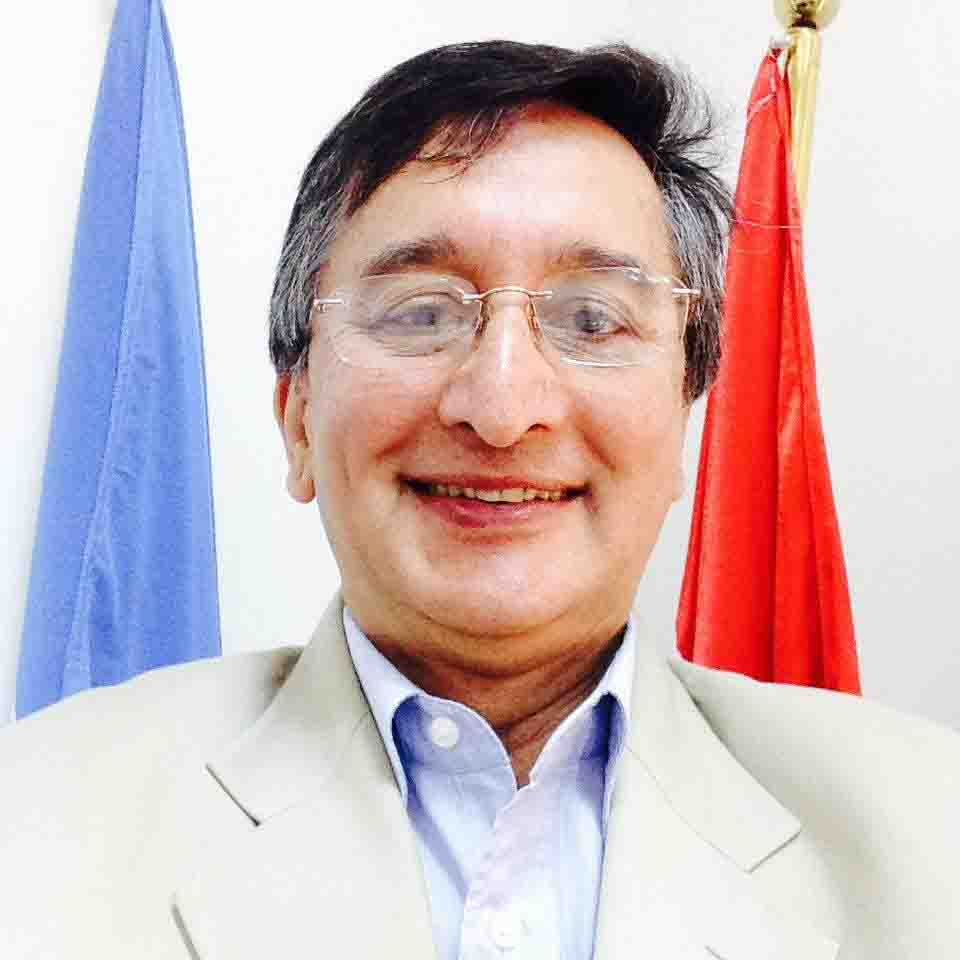
The United Nations and government are soon expected to sign the 2016-2020 Zimbabwe United Nations Development Assistance Framework (Zundaf) which is projected to raise $1,6 billion for various developmental projects, a UN official has said.
BY TATIRA ZWINOIRA
“This framework will provide us with a robust platform to achieve development results which complement Zimbabwe Agenda for Sustainable Socio Economic Transformation [ZimAsset] priorities and also support other international commitments on development goals and human rights,” said Bishow Parajuli, UN resident coordinator and UNDP resident representative.
Areas to be included in the programme include food and nutrition, security, poverty and value addition, HIV and Aids, gender equality, women’s empowerment, social services and protection, public administration and governance.
“Aid coordination is a critical component of development cooperation, which plays a crucial role in resource allocation to priority sectors and achieving better development outcomes,” said Parajuli.
The UN development partners for the 2012-2015 Zundaf programme contribute $400 million annually towards development projects in Zimbabwe.
The current Zundaf agreement which began in 2012 and ends this year, has seen over 747 000 adults and children access free anti-retroviral therapy and over 5 million mosquito nets distributed.
Over 81% of HIV infected pregnant women and 74% of infants received antiretroviral prophylaxis treatment, contributing to the reduction of mother to child transmission from 18% in 2011 to 8,8% in 2013.
- Chamisa under fire over US$120K donation
- Mavhunga puts DeMbare into Chibuku quarterfinals
- Pension funds bet on Cabora Bassa oilfields
- Councils defy govt fire tender directive
Keep Reading
“We can be proud of these results: the maternal mortality declined by about one-third; the immunisation rate doubled to 69%; a 1:1 pupil to textbook ratio maintained for over 2,5 million school children; and mother to child transmission of HIV reduced by more than half to under 9%,” said Parajuli.
Major national surveys and studies supported by the programme include the 2012 National Population Census, the 2011/12 Poverty, Income and Consumption Expenditure Survey and the 2014 Multi-Sector Indicator Cluster Survey for development planning.
Over 8 000 youth were trained for self or wage employment with an employment rate of approximately 90% while food insecurity was reduced from 2,2 million in 2013/2014 to 565 000 in 2014/2015.
Women in parliament increased from 18% (55) to 35% (123) through special measures adopted in the new constitution and had the first UN joint programme on gender and women empowerment.
The UN through the Zundaf programme has assisted 1,4 million people between 2012-2013 who were facing food shortages and 126 000 vulnerable families were assisted with crop and livestock input.
Through the programme, 87 000 livestock were protected from the effects of drought.
“Nevertheless, some major and persistent challenges remain. With poverty levels stubbornly high at 63% nationally and 76% in rural areas, we must build resilience to address root causes of poverty and inequality, among others,” said Parajuli.
“I feel confident that these challenges can be addressed with continued cooperation and partnership between government, development partners, UN and civil society organisations and the private sector.”











